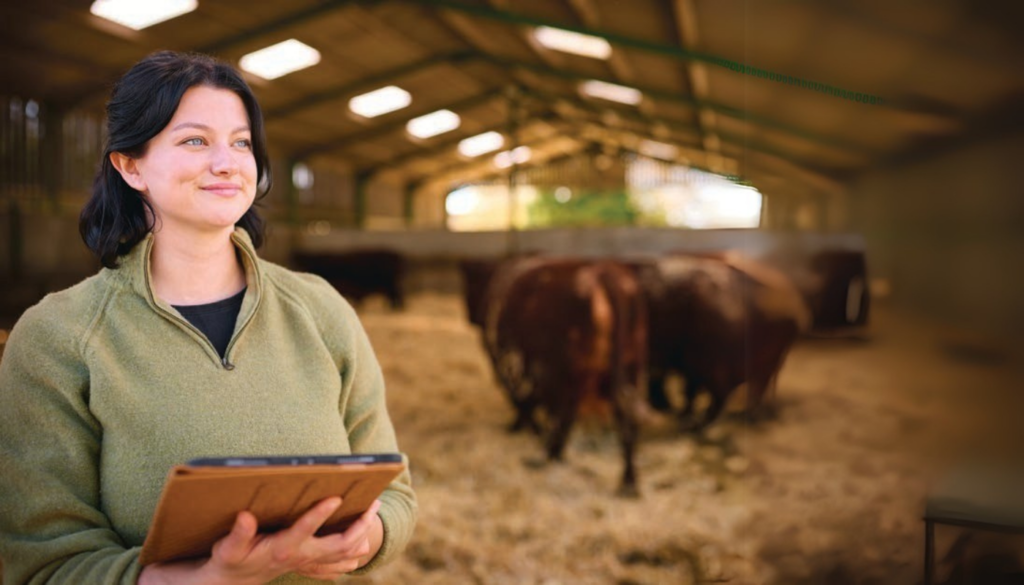Farming Partnerships For Young Farmers

For young people wanting to establish themselves in farming, a question they should consider is should they join an existing farm partnership, or should a new one be created?
This question might also be more pertinent as older generations seek to reduce their exposure to IHT and they might be considering gifting land or property to the next generation as part of this planning.
A farming partnership involves two or more individuals jointly running a farm business. This can be family members, spouses and grandparents, parents or children. A partnership should have a properly drafted partnership agreement, although it still isn’t a requirement of the law. Undocumented partnerships are governed by the Partnership Act 1890.
For a younger person wanting to establish themselves in farming, consider setting up a new farming partnership with an agreement which sets out how the business will be managed and what happens when the business is dissolved.
Different generations may have very differing views on how a business should be run and you want to know you will all be able to get on.
Having a new agreement has several benefits as it will reduce the likelihood of disputes by establishing clear terms, it will outline how a dispute is dealt with, and it will help avoid the unintended consequences of relying on the 1890 Act.
Consider which type of partnership is right as there are three types:
General Partnership – this gives all partners a share of equal rights and responsibilities and profits/losses are distributed according to the agreement.
Limited Partnership – This will consist of general partners who manage the farm and limited partners who may contribute capital but have limited involvement in the decision-making.
Limited Liability Partnership – this type of partnership offers the partners limited liability protection and can be used to help shield the personal assets from business debts.
New partners should be wary about joining existing partnerships where they could be bound by existing contracts with third parties which expose themselves to financial risk and legal responsibilities. All partners may be able to enter contracts on behalf of the partnership, so it is important to fully understand and discuss exposure to risk.
In most farming partnerships the assets such as land and property are held outside of the partnership with machinery and livestock held within the partnership. Incoming partners should ask to see a full inventory of assets and ownership along with an up-to-date set of accounts. Where land is owned outside of the partnership then it is advisable to have an up-to-date lease to protect the interests of the partnership on the event of the death of the land owner.
In the future if you decide to end the farm partnership then typically the remaining partner/s will buy out the share owned by the departing partner. The assets are then divided according to the terms of the written agreement.
Don’t be afraid to seek independent legal advice to secure your farming future.
Stacey Irwin can be contacted at s.irwin@gullands.com

 Close Menu
Close Menu














